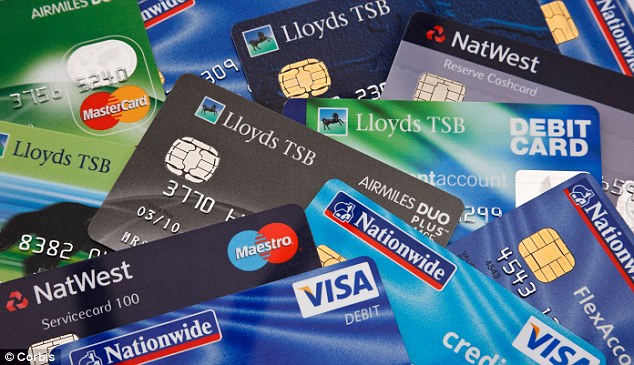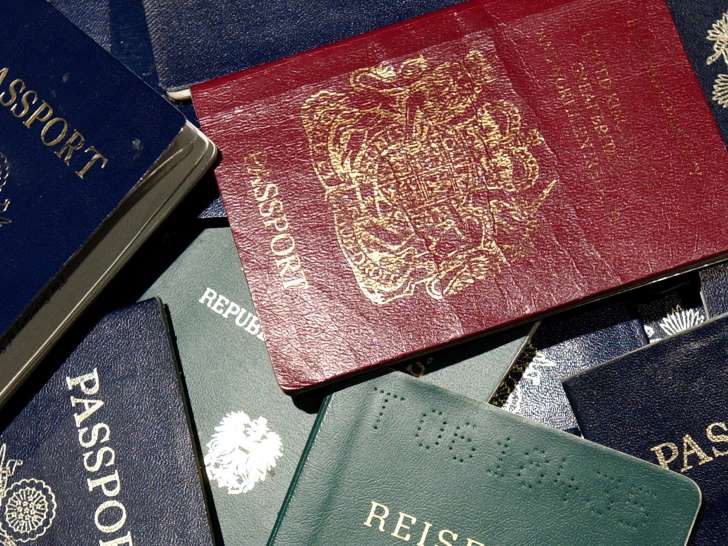
Lina K has always made the minimal payment on her credit card which incidentally has a 19% interest rate. She also has no compulsion in buying whatever she wishes—online or offline and has maxed out the $5000 limit. She is constantly complaining about her credit card debt, but made no attempt to pay it off completely. On top of that, she also applied for a Line of Credit with her local bank, and overdraft protection. Much to her frustration, both have been declined. It’s really important to remember that all the plastic cards in your wallet are never your ‘own’ money, even though the limits that financial institutions offer you can keep you head in a vacuous bubble. That’s the reason why they are called ‘credit’ cards. It is money loaned to you that has a pay-back date.
Nigel S on the other hand is a recent graduate with a full-time job. Sure he has his OSAP loan and to cut back on expenses, he wisely moved back into his Mum’s basement. His bill payment is usually due on the 15th of every month. He pays off his credit card off much before the due date. However, this month, due to unforeseen circumstances he slacked in paying on time. This had the 25-year-old worried because he is aspiring for a good credit score. Would the late payment affect him? Being the worry-bee that he is, he lost a good amount of sleep.
Lina and Nigel are not the only ones who have digressed. There is a good amount of Canadians who don’t quite understand why they are penalized—the fact remains that late payment of credit cards can have major setbacks in your financial well being. The most important thing to remember when you receive your spanking new credit card is not to ‘activate’ it, or sign at the back, or fall in love with the chip technology. But to read the terms and conditions—even though a lot of it is ‘legal’ English, the points to remember are to look up the consequences of late payments, the fees and interest rates applicable, and all the ‘don’ts.’ Armed with this useful information you will not fall into the snaking arms of debt.
Again, all financial institutions mention the interest rates applicable on late payments. That rate may increase substantially if the delay exceeds a couple of months. Let us say in a given scenario you pay the minimum amount payable after the due date. Keep in mind the bank will still levy the high interest on the balance due. Sometimes the rate of interest can be pretty high. This substantial interest rate may or may not continue after you clear the outstanding amount. Again it all depends on the terms and conditions that you had obviously read when you got the card in the mail. And then if you keep defaulting, chances are most financial institutions will look at you as a financial liability and decline to offer you the services that could make life easier.
Good money management is an extraordinary trait that you need to learn wisely. And only you can teach and train yourself to do that. Sure, you may have astute parents, siblings or a spouse, but the fact remains that it’s really up to you to keep your head above water, and against the tides of materialism and consumerism. Above all, to maintain your credibility in the market, it is paramount to have an excellent credit score. Timely repayment adds to your credit score. Potential lenders will review credit scores before granting loans. A poor credit score due to defaulted or delayed payments red flags you as a ‘risky’ borrower. It is difficult to rebuild a poor credit score and it could take a long time to change the status quo. It’s also likely that the bank could deny you a loan. Even if you eventually get the loan, it’s possible that they may charge you a higher rate of interest.
Debt has an alarming ripple effect, and the truth be told before I arrived in Canada I had never used a credit card. My first credit card offered me the gracious limit of $500. I no longer have that option, but I must admit that it kept me on a leash. There were many things that I window shopped for, and wished I could buy, but because of my miniscule allowance I couldn’t. I will admit that that saved me from future financial errors—and trained me for a great journey in money management with 2 golden rules; the number one being that if you don’t have, you don’t buy. The second; always pay your credit card debt before the interest can be slapped on. I am also grateful for a beautiful woman who has never put the pressure on me for a diamond ring…although these days she has her eyes on a ruby. Please wait till after Christmas baby…that’s the season of sales, 70% off’s and the time to buy!
[Jude Paul Fernandes is the author of ‘Frost Bites’ which is available at the Toronto Public Library. He is currently working on a novel ‘Lonely in Mumbai’ and can be followed on Twitter @JudePaulFerns]


 South Asian News E-Paper
South Asian News E-Paper Punjabi News E-Paper
Punjabi News E-Paper

















